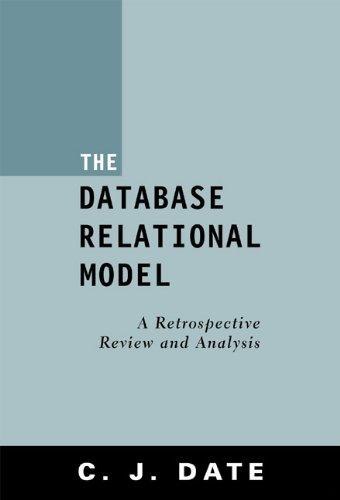Answered step by step
Verified Expert Solution
Question
1 Approved Answer
3. (14 points) In the class, we proved this theorem: If f1(n)=O(g1(n)) and f2(n)=O(g2(n)), then f1(n)+f2(n)=O(max{g1(n),g2(n)}). Prove the analogous theorems for : If f1(n)=(g1(n)) and

Step by Step Solution
There are 3 Steps involved in it
Step: 1

Get Instant Access to Expert-Tailored Solutions
See step-by-step solutions with expert insights and AI powered tools for academic success
Step: 2

Step: 3

Ace Your Homework with AI
Get the answers you need in no time with our AI-driven, step-by-step assistance
Get Started


